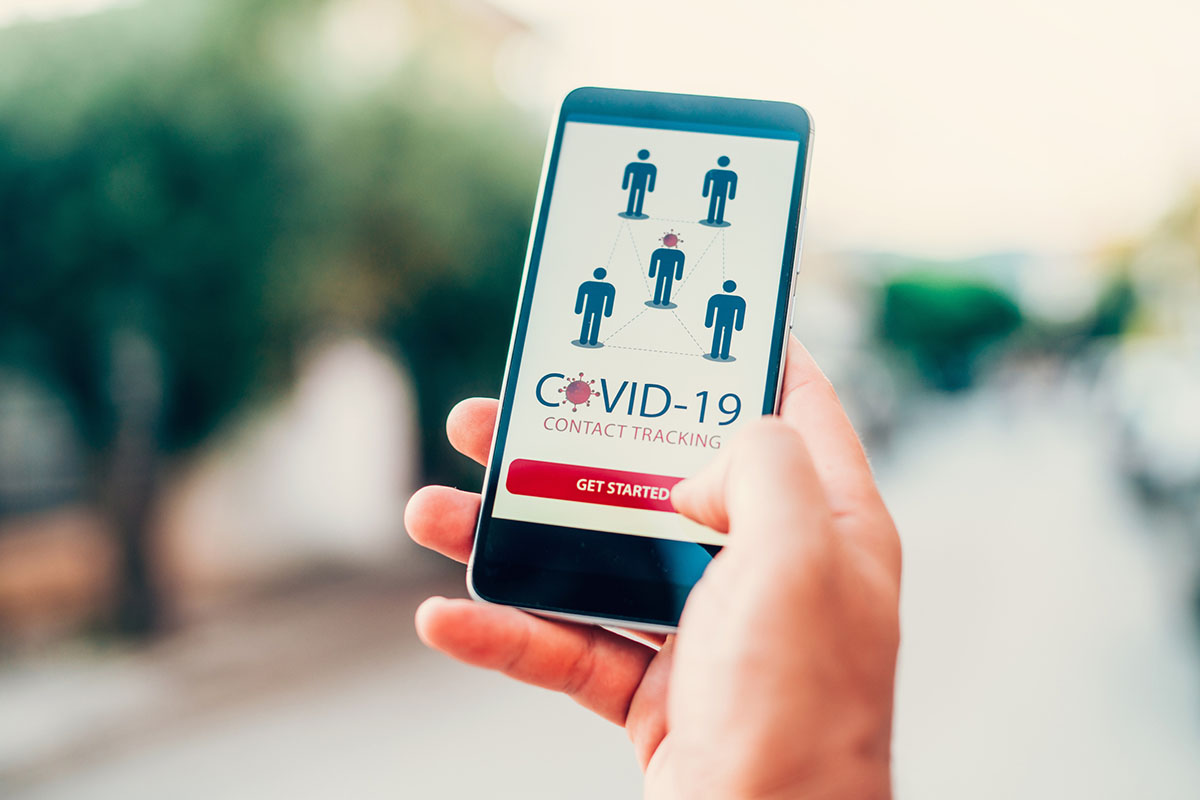By Tom Farmer
A Key Weapon in the Virus Battle Lacks a Key Ingredient
If there’s anything Americans are more worried about than COVID-19, it may be digital contact tracing.
Apple and Google have pooled brainpower to develop a technical framework. The potential benefits to public health and the economy are crystal clear. But only 29% of us say we’d agree to use it. That’s about half the participation rate contact tracing needs to be effective.
The concern, of course, is the risk to personal privacy. Because so many of us are so suspicious of Big Tech’s motives, “a well-meaning project like the one that convinced two duel-to-the-death competitors to join forces has been largely DOA in this country,” according to analyst and privacy consultant Mike Feibus.
There’s more missing from this picture than trust in Big Tech. Empathic Design principles can help, too.
The public is conditioned to be suspicious of Big Tech because over time, Big Tech has really, really earned it. But what if contact tracing functionality represented an empathy revolution?
We think we could cut the suspicion factor with classic Empathic tactics like:
- Is there anything hidden about the tracing agenda? Expose it. Is there anything mysterious or murky about the Terms of Service? Simplify them, clarify them, and make them easy to read.
- Play value. Can we gamify contact tracing so it’s less like an invasive medical exam, more like an MMORPG (massively multiplayer online role-playing game)? Can we devise rewards for conscientious play? We know what’s in it for public health authorities; what’s in it for the participants?
- Putting users in control. People push back on contact tracing because they don’t like being exploited like chickens in a barnyard. Can we give users meaningful input channels, in program governance or app design?
Convincing Americans to sign up for contact tracing is in some ways like any other mass-scale public health initiative, from polio vaccinations to click-it-or-ticket campaigns. But we’re trying to execute with a lot of popular fear and anger in the picture. Displaying simple empathy in official messaging might counter some skepticism. Applying Empathic Design principles to the digital toolset used for contact tracing might get us even further.







